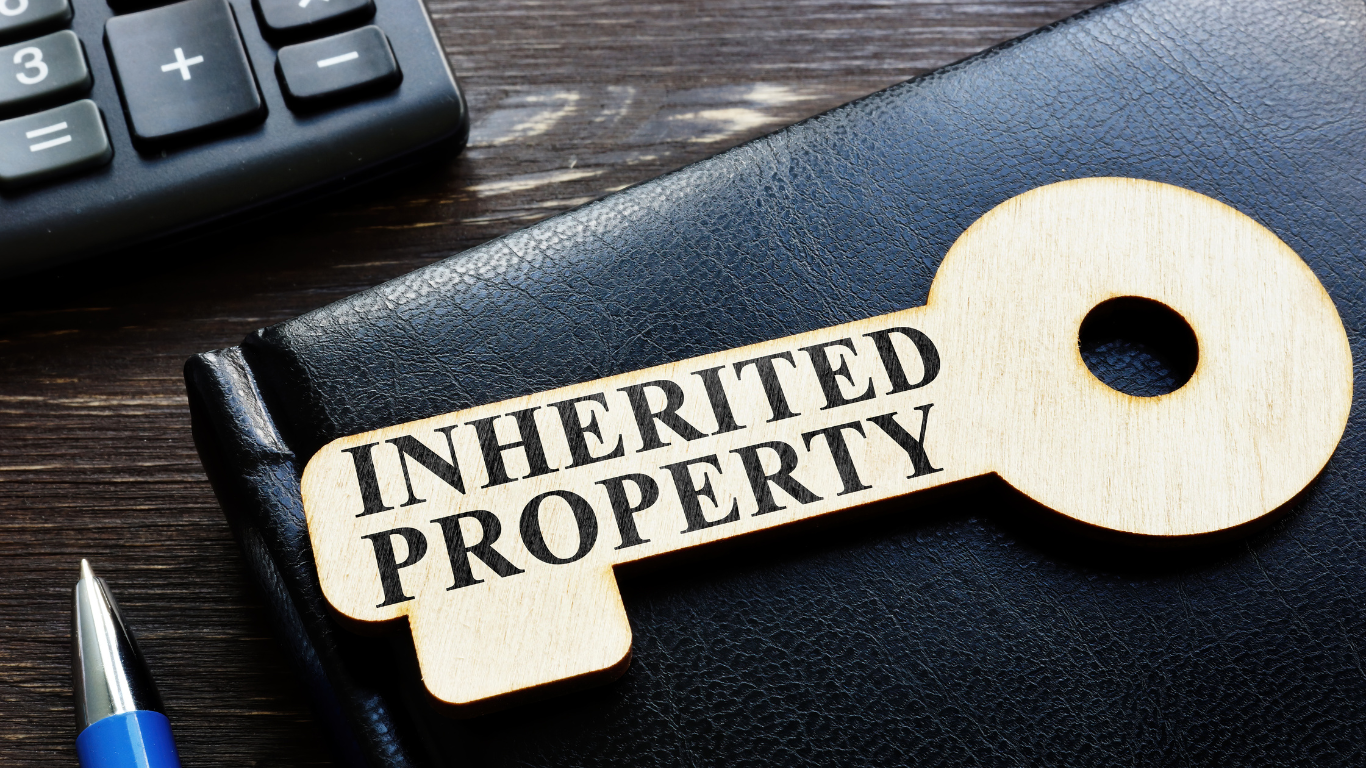Estate Inheritance Properties

Many heirs of properties with reverse mortgages or debt owed on the property are concerned that they will inherit the debt as well, but such is not the case. They have not signed on the mortgage or the note themselves, and thus they are not responsible for the debt, whether they do something with the property or not. In cases where there is a reverse mortgage balance that exceeds what the current market value is of the property, there is a possibility that the lender will allow a short sale and have all heirs sell the property collectively, or with an administrator or executor, for less than what is owed. In most cases, the heirs are able to receive money at the closing as approved by the lender.
The next of kin of a deceased seller are known as heirs. Whether there was a will or not, the heirs of a property automatically inherit the property. Next of kin goes first to spouse and children, if the deceased was unmarried then to their children, if they did not have children, then to their spouse. If they were neither married nor had children, then it goes to their parents, if their parents are no longer alive, then it goes to their siblings. If their siblings are no longer alive, then it goes to their siblings’ children, and so on and so forth. In lieu of a probate or administration proceeding, the sellers can use heirship affidavits in order to transfer ownership to another entity to avoid having to wait for surrogate court to appoint an administrator or executor.
If there was a probate proceeding done to appoint an executor to full letters of testamentary to sign and make decisions on behalf of the estate, then that person is the one qualified to sell or transfer ownership of the property to another heir or a third party. If there was no will but an administration proceeding was completed to appoint an administrator full letters of administration with no restrictions, then they are the ones with the rights to sell or transfer ownership of the property to another heir or a third party. If there was no will, no probate or administration proceeding done but all heirs are cooperative in doing something with the property, then they can collectively sign as heirs to the property to transfer ownership of the property.
